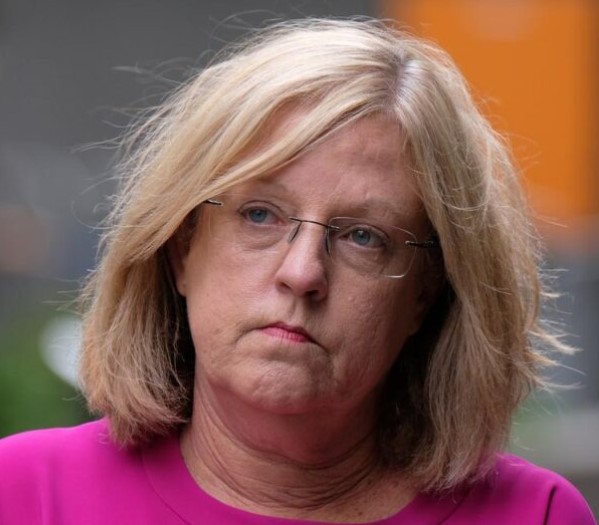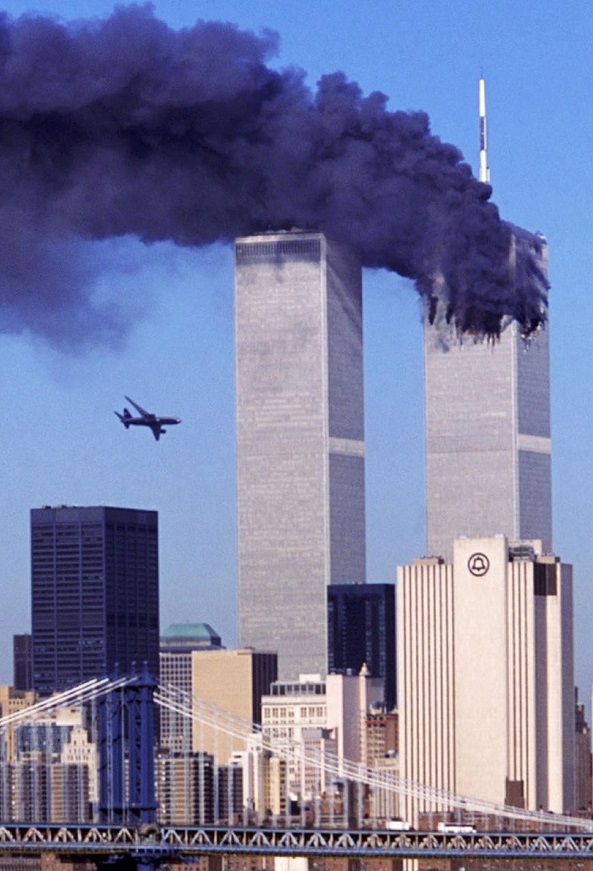From the land Down Under, more bastardy:
The Andrews Government is making more bad changes to Victoria’s gun laws.
The latest changes will allow police down to the rank of inspector to ban shooters from holding firearm licences for at least 10 years – for getting nothing more than a speeding fine.
People hit with a ban will also be subjected to warrantless searches of their homes or cars at any time, and barred from going to any place where guns may be stored or used.
Fucking hell, why not just add “public whipping” and “summary execution” to the list?
Textbook totalitarianism. And the person introducing this legal travesty looks precisely how you’d expect them to look:

The only nice thing you could say about her is that her head would look good on a pike.
Next: pikes to be banned under the Sharp Objects And Politician Protection Act.

